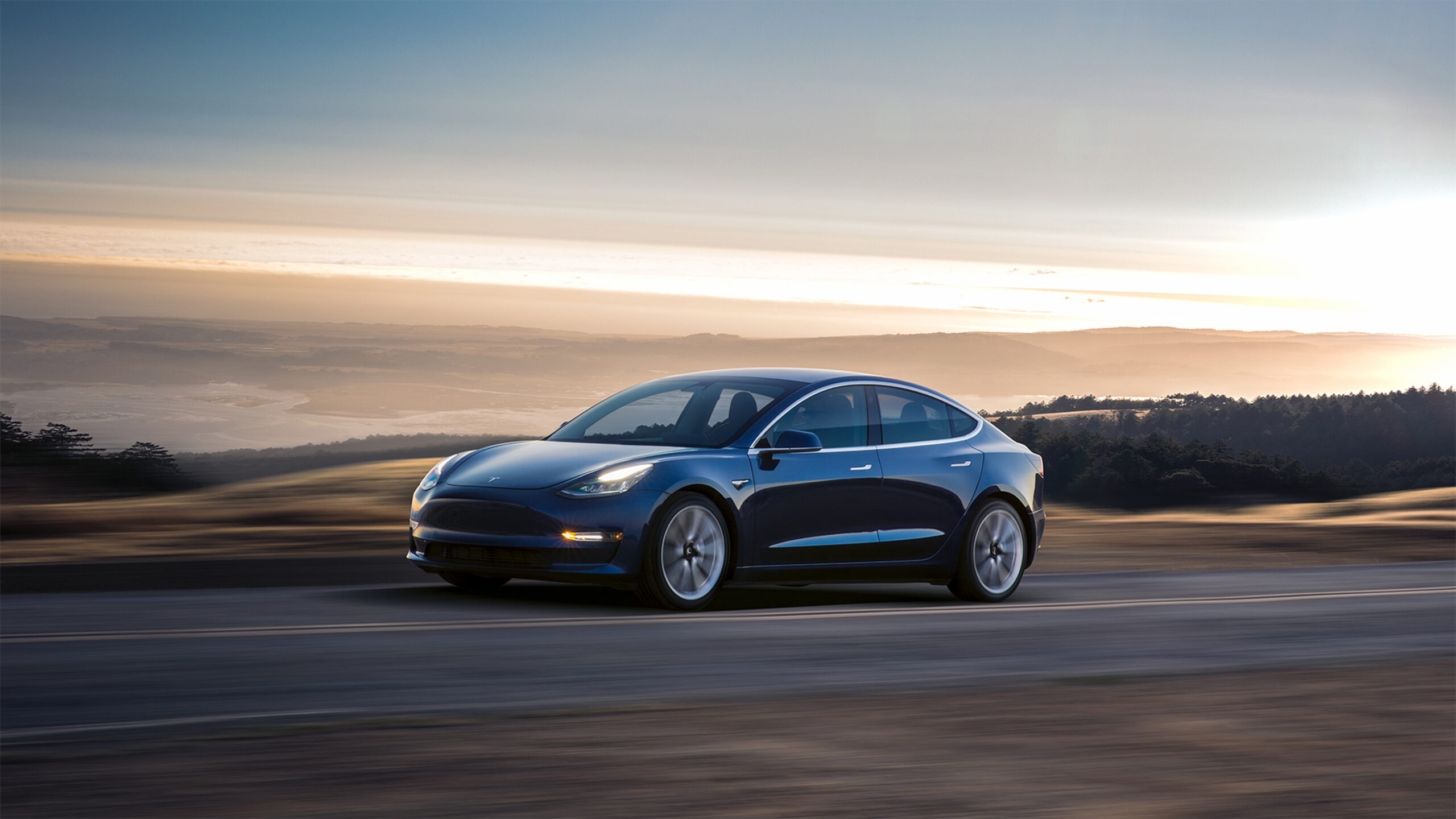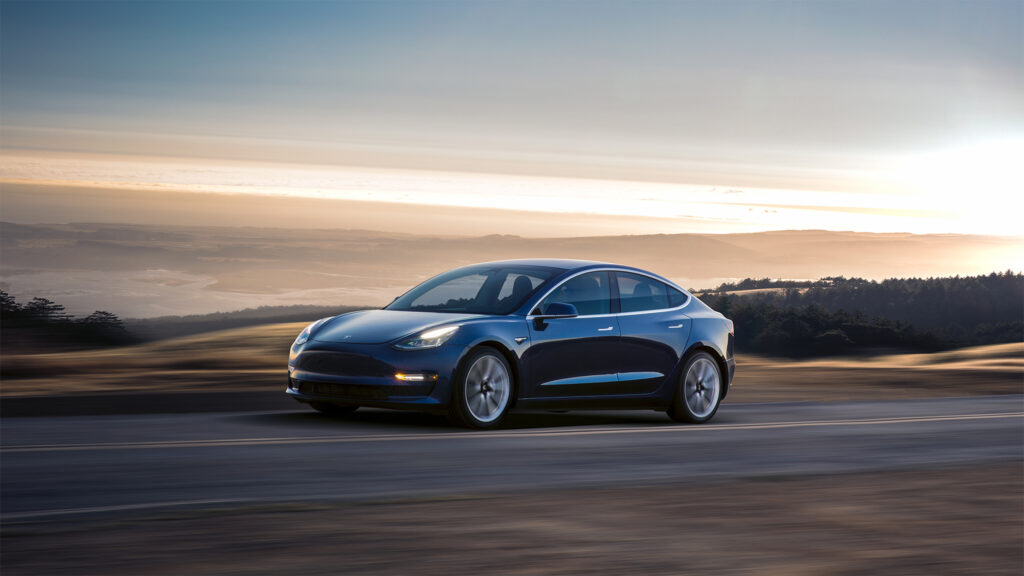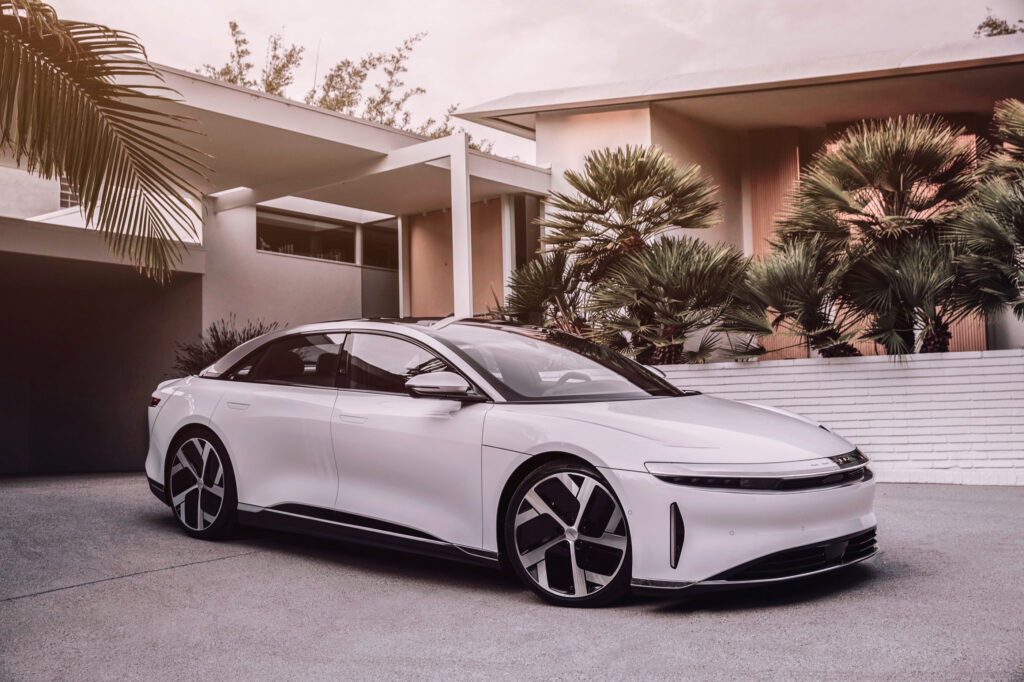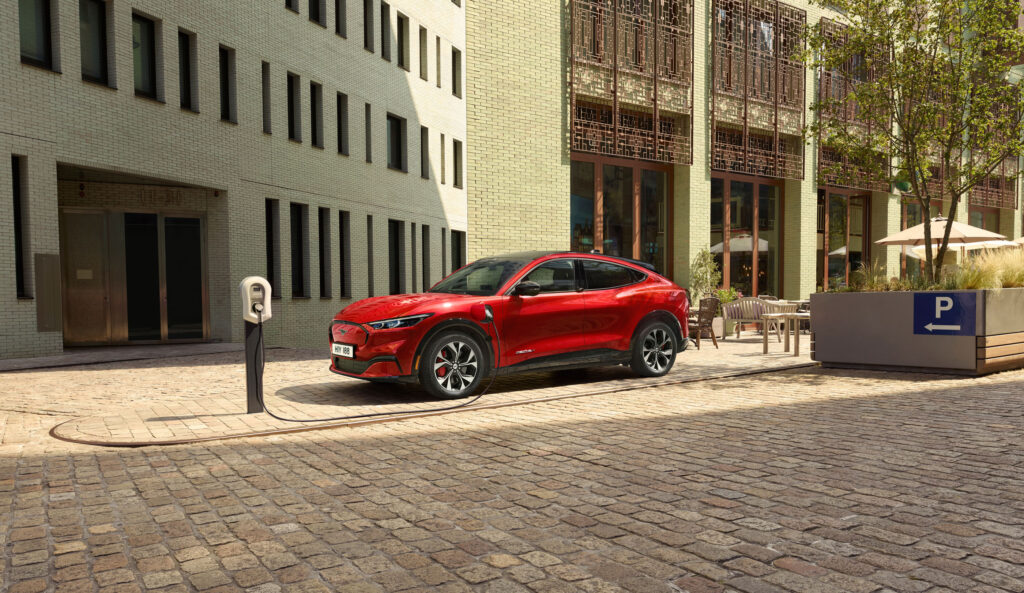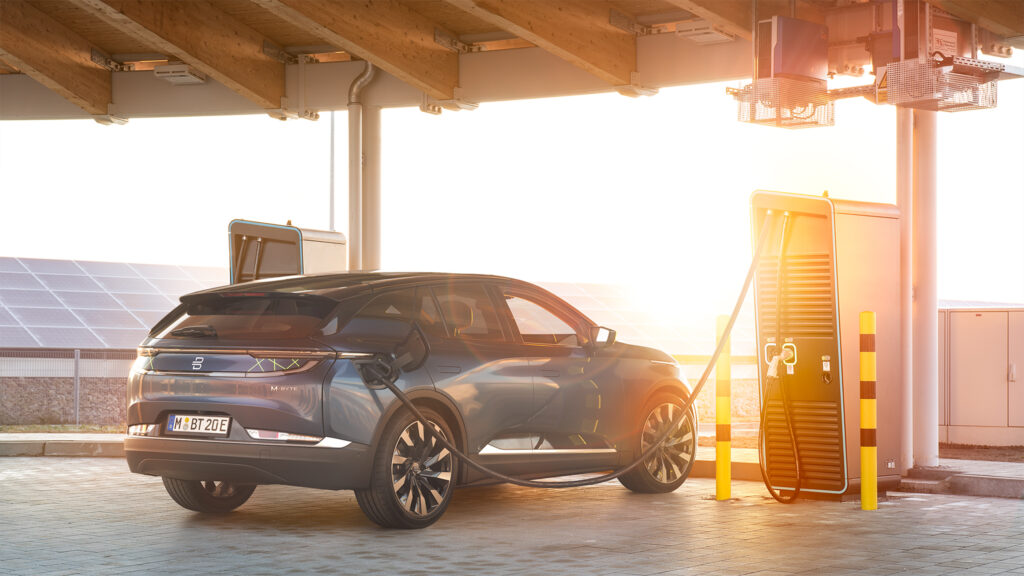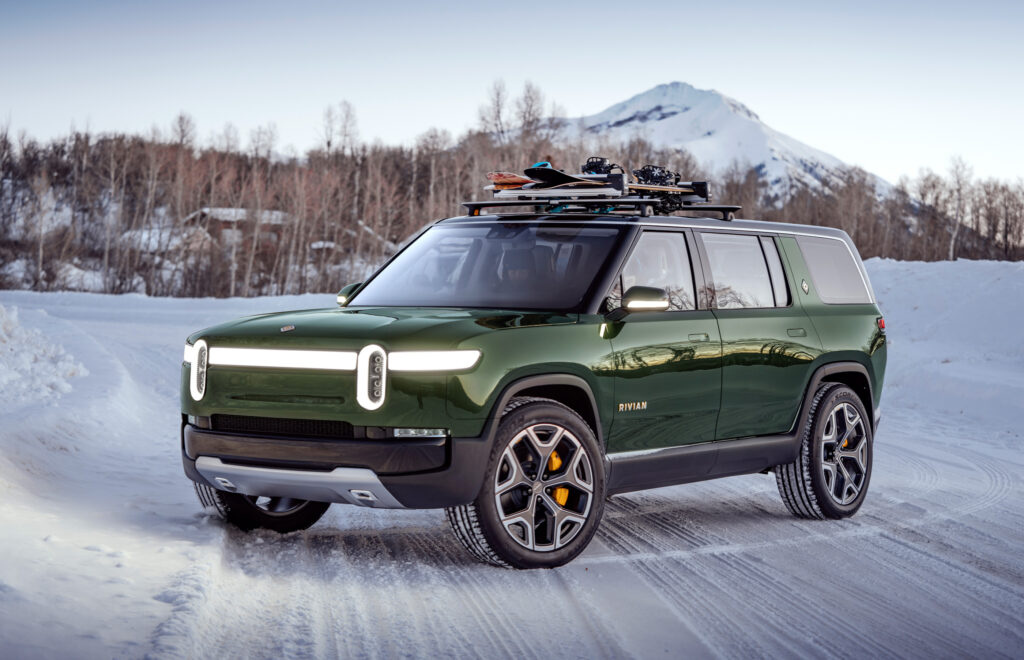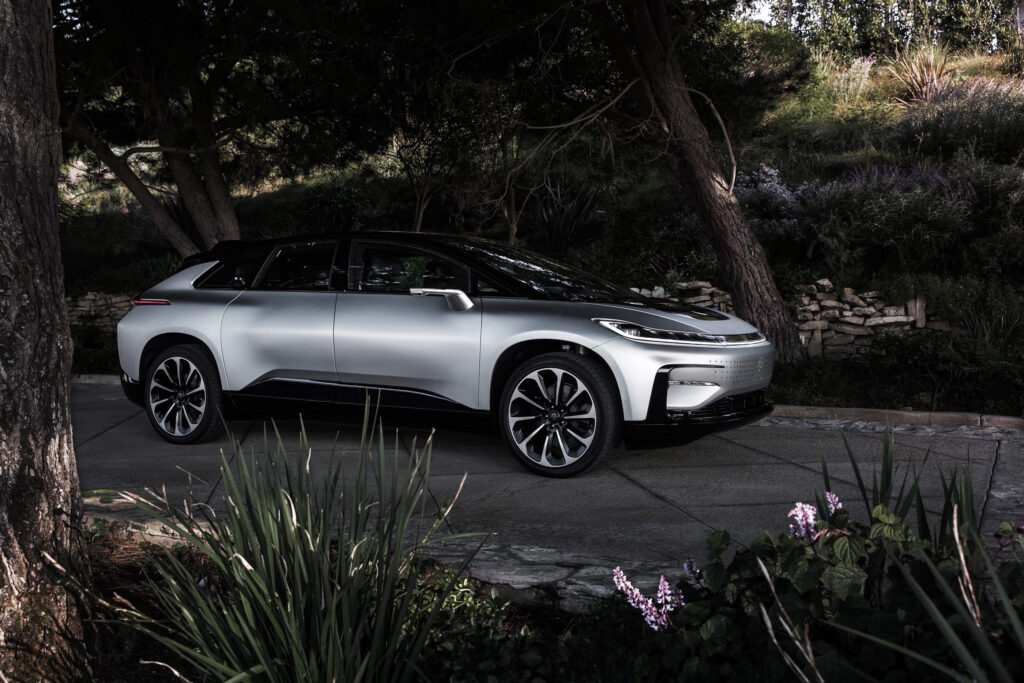An electric vehicle is a vehicle that is powered entirely or partially by electric motors. The term electric vehicles is an umbrella term for all electric vehicles – E-Scooters, E-Bikes, E-Cars and E-Trucks.The biggest advantage of EVs is that they have a huge potential to significantly reduce pollution in the long term. There are already a lot of different types of electric vehicles on the market. Each type has its own advantages and disadvantages. Most of the following types are currently only available for cars, but some of them are also available for trucks.
Mild Hybrid
Mild hybrid cars use an electric motor, powered by a small battery. This motor is only used to provide assistance to the petrol or diesel combustion engine. It is providing additional power during accelerations and helps to make the powertrain more efficient. Mild hybrid cars cannot run purely electrically but they reduce the fuel consumption and emissions, especially in heavy traffic. The small battery is solely recharged by regenerative braking. Mild hybrid cars are currently sold by nearly every automaker but most consumers don’t really know it.
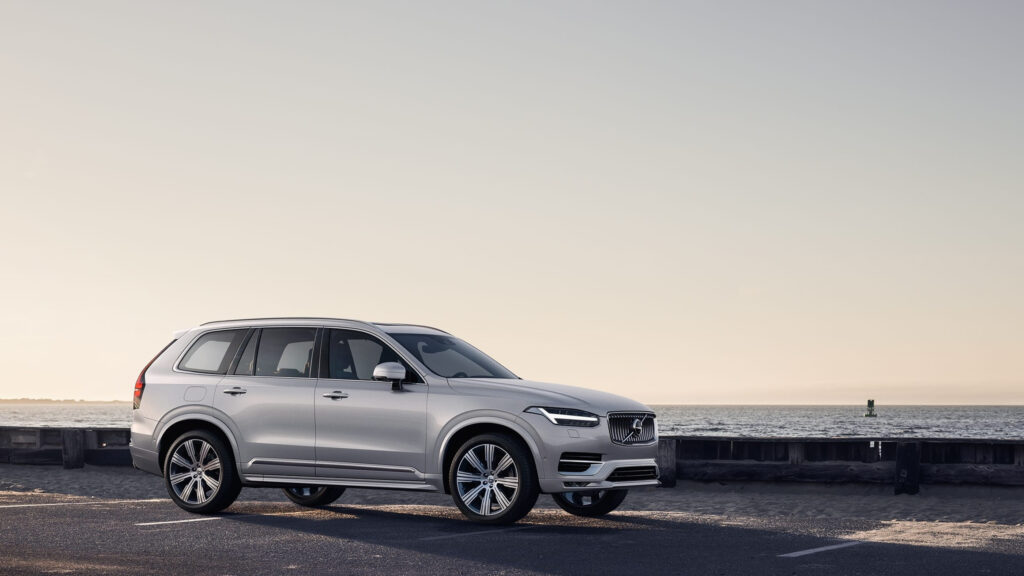
Full Hybrid
Full hybrid cars are also called self-charging hybrids. They are using a combination of an electric motor and a conventional combustion engine. Depending on the situation, these engines can work together or independently. That means that fully hybrid vehicles can also drive fully electric or fully on diesel or petrol. But most of the time the system of the car is intelligently distributing the power between the two engines to deliver the best and most efficient result. Pulling away and driving at low speeds is mostly done electric, while the combustion engine is more efficient when cruising on highways. For quick acceleration both motors can also combine their power and work together. The battery of self-charging hybrid cars can be charged by regenerative braking, like the mild hybrid car, or by the combustion engine itself. That is the reason why full hybrid cars do not need to be plugged in at all. Full hybrid cars are also offered by a lot of different automakers. But the most popular, especially for taxi drivers, self-charging hybrid that nearly everybody knows is the classic Toyota Prius.
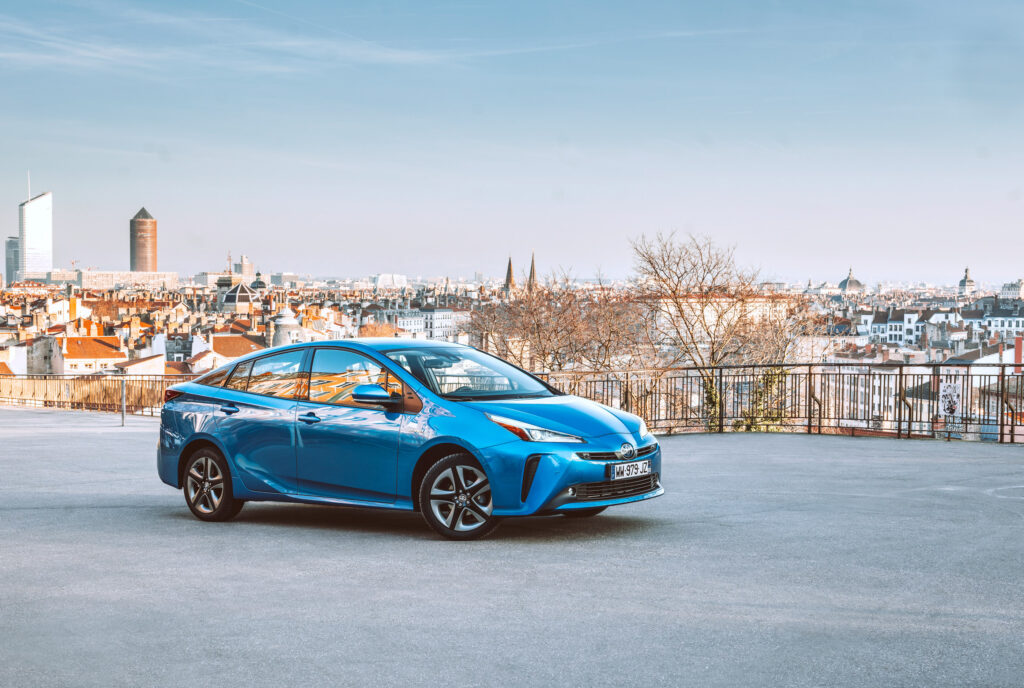
Plug-in Hybrid (PHEV)
The plug-in hybrid is a more advanced version of the classic full hybrid car. Most of the time, plug-in hybrids also offer the driver different modes to choose between power sources for themselves. In addition to that, they also offer larger batteries and therefore also allow the driver to drive longer distances fully electric. Because of these larger batteries, plug-in hybrid vehicles have to be plugged in to a charger to be able to fully charge the battery. While short trips like daily commuting and shopping can be done fully electric and emission free, plug-in hybrids also allow long trips without charging the battery by mainly using the combustion engine. Popular plug-in hybrid powered cars include the VW Golf GTE, Hyundai Ioniq and a lot of different models from Audi, BMW and Mercedes with the small letter “e” in the model identification.
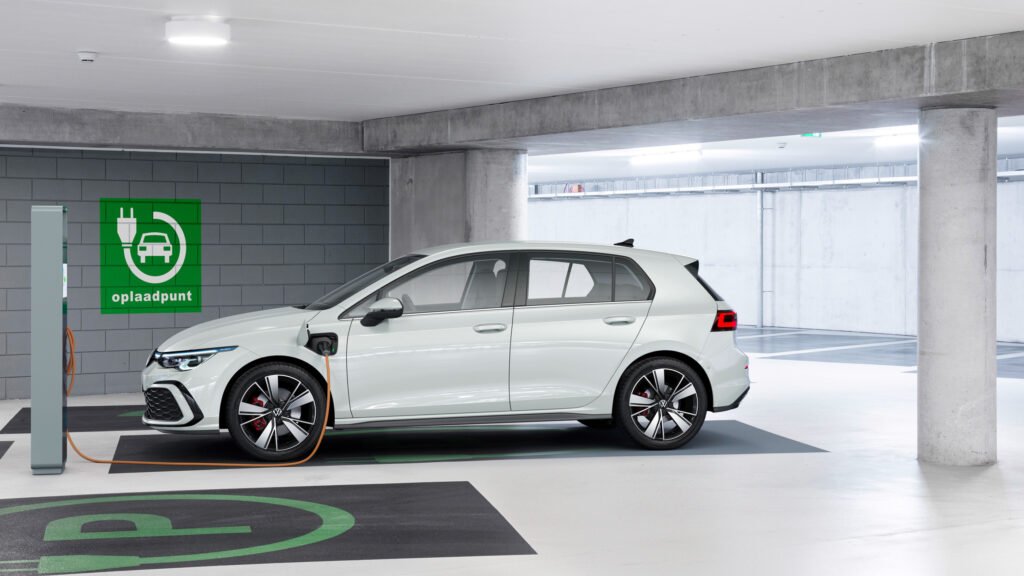
Battery Electric Vehicles (BEV)
Battery electric vehicles are also called pure electric vehicles or fully electric vehicles. Most people also refer to BEVs when talking about electric cars, even though there are a lot of different types of electric cars. Battery electric vehicles do not include a conventional combustion engine. They are solely powered by electric motors and large batteries and therefore also need to be charged with dedicated chargers at home, work or during a trip. While BEVs can be more expensive to buy than equivalent combustion or hybrid cars, they are cheap to run on a daily basis and also offer emission free traveling. Because battery electric vehicles need to be charged to be able to drive, they also rely on the availability of charging infrastructure, especially during longer journeys. The most popular automaker for BEVs is Tesla. The Tesla Model 3 is also the battery electric car with the most units sold, followed by the Nissan Leaf, Tesla Model S and Renault Zoe. New models with this type of powertrain are announced nearly every month and include the Audi e-tron GT, Ford Mustang Mach-E, Polestar Precept, BMW i4, VW ID.4, Hummer EV, Lucid Air/SUV, Rivian R1S/R1T, Byton M-Byte, Lightyear One, Faraday Future FF91 and the Tesla Cybertruck.
Fuel Cell Electric Vehicles (FCEV)
Fuel cell electric cars are also powered fully electrically, but they do not need to be plugged in to a charger. The fuel cells in these cars are using hydrogen from the on-board tank and oxygen from the air to generate electricity. Because the only waste product from this process is water, FCEVs are also considered as zero emission vehicles. While these on-board tanks have to be refilled only every few hundred miles and the process is much faster than the charging process from battery electric vehicles, the hydrogen refueling infrastructure is very limited at the moment. Another disadvantage of fuel cell electric vehicles is that they are more expensive compared to other types of electric vehicles and that there is just a limited amount of models available. The most popular fuel cell cars currently on sale are the Hyundai Nexo and Toyota Mirai. Mercedes-Benz also had the GLC F-Cell on sale but they stopped the production earlier this year. Hyundai is currently also testing trucks in Switzerland that are using two fuel cells of the Hyundai Nexo.
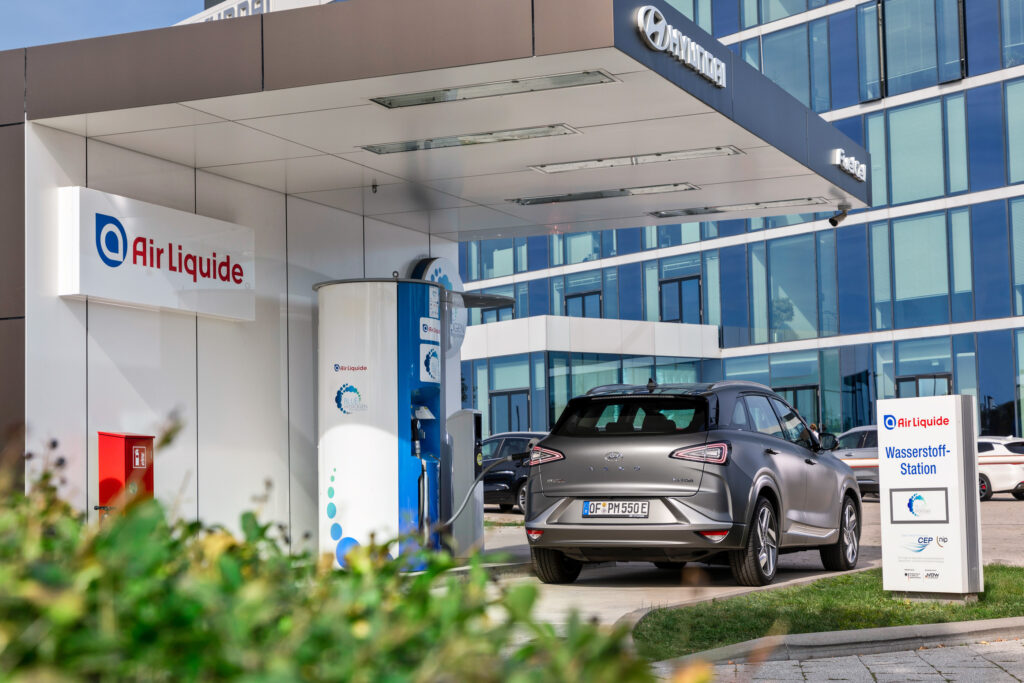
Resources:
https://www.edie.net/definition/Electric-vehicle/134
https://insideevs.com/news/447165/see-best-selling-battery-electric-cars/
https://www.digitaltrends.com/cars/hydrogen-cars-for-sale/
